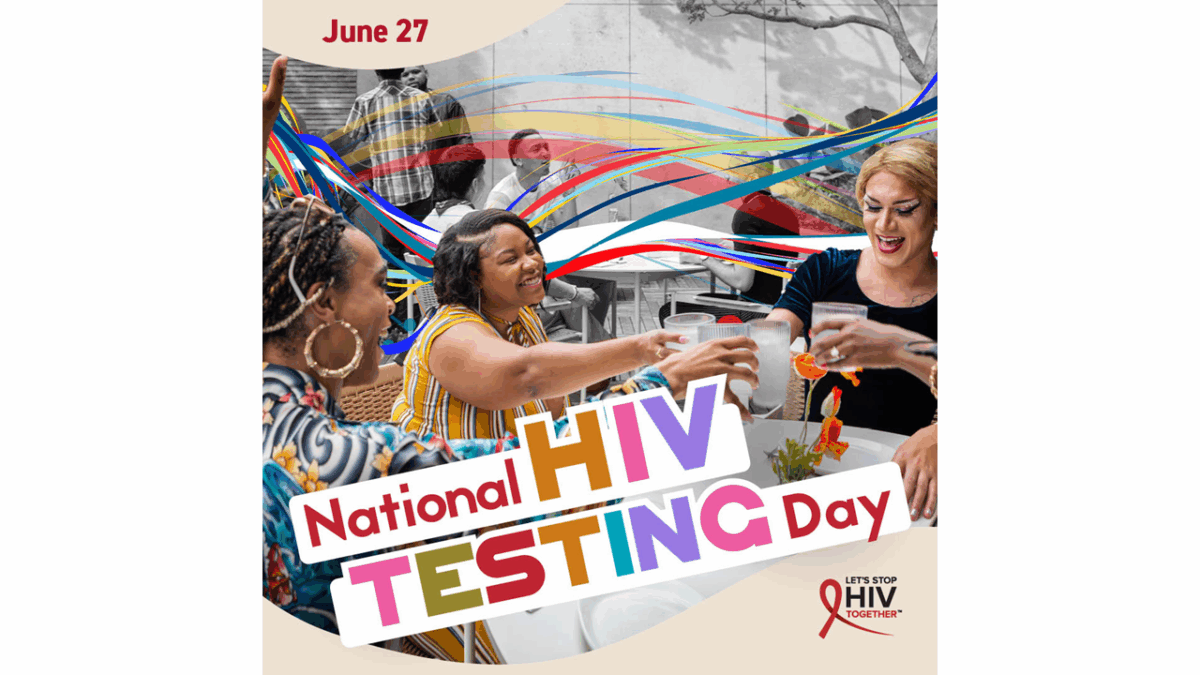From mobile applications that offer personalized care plans to wearable devices that monitor vital signs, digital health tools are transforming how patients manage their health and treatment.
Did you know that the American Cancer Society predicted two million cancer cases in the US for 2024? Their report also suggested that younger patients were increasingly more common. Cancer remains a significant health challenge worldwide, but digital health tools, particularly those leveraging artificial intelligence (AI) and machine learning (ML), are reshaping our approach to this disease. These technologies are enhancing early detection, personalizing treatment plans and improving overall patient outcomes. Let’s explore how digital health is making significant strides in cancer care and research.
XTALKS WEBINAR: Digital Health Tools That Will Transform Cancer Treatment
Live and On-Demand: Thursday, August 22, 2024, at 1pm EDT (10am PDT)
Register for this webinar today to learn how pharmaceutical and life science technology companies are collaborating to harness digital health tools in oncology care delivery.
Personalized Patient Management
Remote monitoring devices and telehealth platforms have become essential digital health tools for managing cancer patients, especially those undergoing treatment. These technologies allow healthcare providers to track vital signs, symptoms and medication adherence in real time, enabling prompt interventions when necessary.
For instance, OncoWatch is a remote monitoring system that alerts healthcare providers to significant changes in patients’ conditions, helping to reduce hospital readmissions and manage chemotherapy side effects.
Wearable devices like smartwatches and fitness trackers also play a crucial role. These devices provide data on activity levels, sleep patterns and overall well-being, helping oncologists understand the impact of treatment on daily life and adjust care plans accordingly. The Fitbit Inspire 2 has been used to monitor and assist physical activity in cancer survivors, to provide a more personalized understanding of disease progression.
Digital hubs, such as the recently launched OncWeekly by Formedics, aim to improve access to relevant cancer care information and foster collaboration among healthcare professionals. They also address diversity in clinical trials by supporting efforts to improve the representation of underrepresented patient populations.
Enhancing Precision with Digital Health Tools
AI is transforming cancer diagnosis and treatment by enhancing the precision of medical interventions. For example, Paige Prostate, an AI-powered diagnostic tool, assists pathologists in diagnosing prostate cancer by analyzing pathology images and identifying cancerous cells early. This enables early detection and personalized treatment planning.
AI-driven models also help in identifying the most effective treatment regimens based on patient-specific factors, including genetic makeup and treatment history. PreciseBreast (PDxBr), an AI-powered platform, predicts the risk of recurrence in early-stage breast cancer patients, providing more accurate clinical risk measures and supporting treatment decisions. Using PDxBr alongside standard care could save up to $12.5 million over six years in a hypothetical cohort of one million patients.
The National Institutes of Health (NIH) developed an AI tool called Logistic Regression-Based Immunotherapy-Response Score (LORIS) to predict how cancer patients will respond to immune checkpoint inhibitors. This tool uses routine clinical data, such as age, cancer type, history of systemic therapy and tumor mutational burden, to make predictions, providing valuable insights for treatment decisions.
Patient Engagement with Mobile Apps
Mobile health apps empower patients to manage their health proactively. These apps offer features like appointment scheduling, medication reminders and educational resources about a condition.
Belong.Life, a proactive conversational AI cancer mentor, is a mobile app that offers proactive support and case management for cancer patients. It provides 24/7 guidance, helping patients find clinical trials and facilitating communication with healthcare providers.
Sidekick Health’s digital oncology program allows cancer patients to self-manage their health. The app has shown statistically significant improvements in quality of life and symptom severity, including a reduction in symptoms like stress and nausea with increased engagement in the program.
Patient portals integrated with electronic health records (EHRs) allow patients to access their medical information, communicate with healthcare providers and track their treatment progress. The Epic MyChart portal, for example, enables cancer patients to view their medical records and communicate directly with their healthcare team, enhancing their involvement in their care.
RELATED: OncoHealth Expands Its Iris Platform for Digital Cancer Care
Big Data and AI in Oncology
Big data analytics is opening new avenues in cancer research. Large datasets from clinical trials, patient records and genomic studies can be analyzed to identify patterns and correlations previously unattainable. Caris Life Sciences’ genomic profiling service — consisting of over 455,000 patient profiles — uses big data and AI to analyze clinical and molecular data, providing oncologists with insights that lead to more targeted treatments based on the genetic profiles of tumors.
Digital health tools also facilitate the collection of real-world evidence from diverse patient populations. This data provides valuable insights into the effectiveness of therapies in real-world settings. Syapse, for instance, uses real-world evidence to improve cancer treatments, having expanded its data analytics capabilities to include more comprehensive datasets, leading to better-informed clinical decisions and improved patient outcomes.
AI algorithms can analyze vast datasets of chemical compounds and biological information to identify potential drug candidates more quickly and efficiently than traditional methods, shortening the timeframe for developing new cancer therapies and allowing patients faster access to innovative treatments.
QDX, a computational drug discovery company, exemplifies this trend. By integrating quantum mechanical simulations, supercomputing and AI, QDX accelerates the identification of novel drug targets and the development of new oncology therapies. Their collaboration with Prelude Therapeutics to explore previously unexplored targets showcases how digital tools can tackle the most challenging aspects of cancer research.
Digitalizing Diagnostic and Imaging Platforms
AI can analyze patient data to identify suitable candidates for clinical trials, ensuring that trials are populated with participants who are most likely to benefit from the new treatment. Nanostics Inc. developed the ClarityDX Prostate test, which uses ML and blood-based biomarkers to accurately predict the risk of clinically significant prostate cancer. This tool helps doctors make more informed decisions about biopsies and treatment options, reducing unnecessary procedures.
Precision medicine aims to tailor treatments to individual patients based on their unique genetic makeup and disease characteristics. Digital tools are at the heart of this approach, enabling researchers to analyze and sift through genetic and molecular data.
For example, Enspectra Health’s AI-powered VIO Skin Platform, which received US Food and Drug Administration (FDA) Breakthrough Device Designation, evaluates lesions suspicious of basal cell carcinoma (BCC) and squamous cell carcinoma (SCC). This platform uses non-invasive technology for real-time, multispectral imaging at the cellular level, minimizing unnecessary biopsies and enabling earlier disease diagnosis.
The COVID-19 pandemic sped up the adoption of teleoncology, ensuring patients continued to receive care and allowing doctors to participate in training and clinical trials from a distance. Platforms like Teladoc and Amwell offer teleoncology services, allowing patients to consult with oncologists from the comfort of their homes. Smirta, a digital health company, partnered with OneOncology to provide its OncoSmart platform to over 300 cancer clinics. OncoSmart will help these clinics schedule treatments more efficiently, reducing wait times and improving care for cancer patients.
It’s inspiring to see how digital health tools are stepping up. They are transforming how data is analyzed, drugs are developed, clinical trials are conducted and treatments are personalized. They also help reduce health disparities by facilitating cancer screenings and early detection.
With AI and ML, researchers can accelerate the pace of discovery and enhance the precision of their studies. As these technologies continue to evolve, their impact on oncology research will only grow, heralding a new era of innovation and discovery in the fight against cancer.












Join or login to leave a comment
JOIN LOGIN